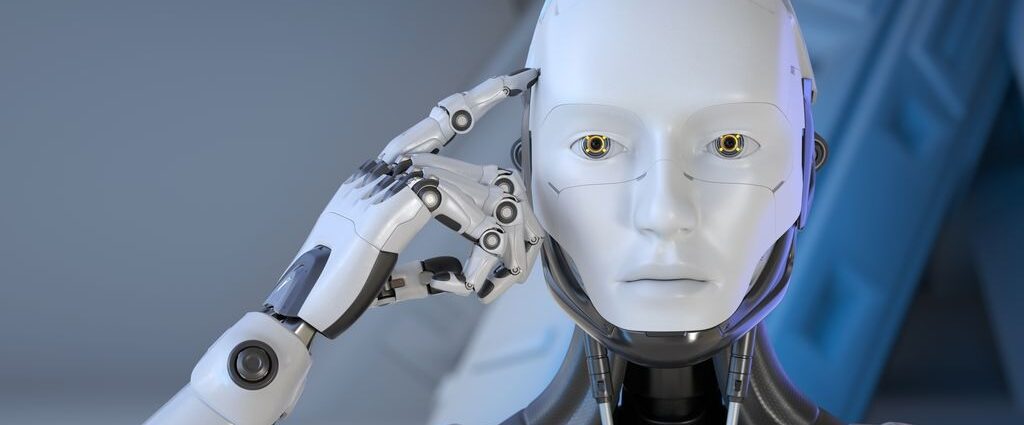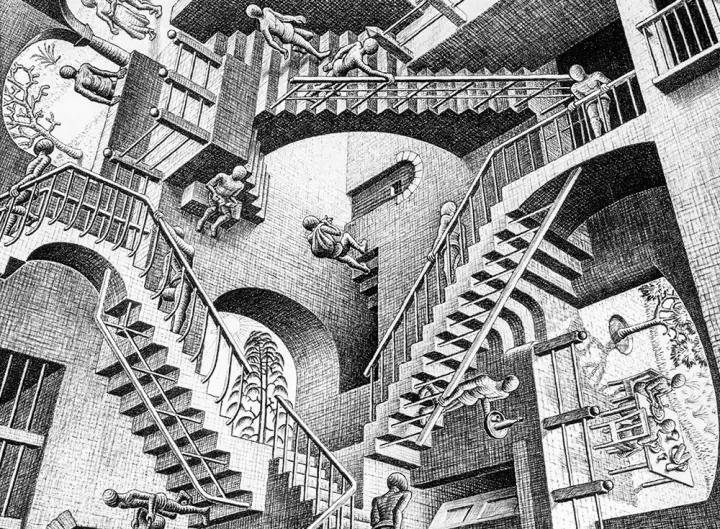
The International Society for Psychophysics (ISP)
Have you ever wondered how you hear a voice on the phone? How do you even notice that a person has a cold or hoarseness? Did you ever think how can we perceive form, color and movement in video displays? Well, these are the result of wonderful research interactions between engineers and psychophysicists.
This comes from research on hearing sounds and perceiving images by researchers using psychophysical methods relating stimulus intensities and human sensations. The International Society for Psychophysics (ISP) is a scientific organization dedicated to promoting the study and advancement of psychophysics—a field that explores the relationships between physical stimuli and the sensory, perceptual, and behavioral responses they evoke. The Society brings together researchers from diverse backgrounds, including psychology, neuroscience, physics, and philosophy, fostering interdisciplinary dialogue and collaboration. One of its main activities is the organization of the annual Fechner Day conference, where scientists present their latest research findings, exchange ideas, and discuss theoretical and methodological developments in the field.
The primary goal of the ISP is to support and disseminate high-quality research in psychophysics, while encouraging international cooperation and the training of new researchers. Through publications, symposia, and a strong academic community, the Society plays a key role in advancing both experimental and theoretical understanding of sensory processes. By maintaining a global network of scholars and facilitating the exchange of knowledge, the ISP contributes significantly to the ongoing development of psychophysical science and its applications in various domains, such as cognitive science, clinical psychology, and human-computer interaction.
Our passion is the human senses
The Fechner Day
Fechner Day is an annual event dedicated to celebrating the legacy of Gustav Theodor Fechner, a pioneer in the field of psychophysics, and to advancing scientific understanding of the relationship between physical stimuli and human perception. Over the years, it has become a central gathering for researchers in psychology, neuroscience, engineering, and related disciplines to share their latest findings, methodologies, and theoretical developments. The event not only honors Fechner’s groundbreaking work but also fosters critical discussions that push the boundaries of human sensory and cognitive research.
Throughout its 40-year history, Fechner Day has played a key role in facilitating international collaboration and the exchange of knowledge among scientists from around the world. This sustained dialogue has led to significant advances in the development of innovative products, services, and technologies that have practical applications in industries such as healthcare, education, ergonomics, and artificial intelligence. By bridging academic research and real-world solutions, Fechner Day continues to contribute to the improvement of human well-being and the creation of tools that enhance the quality of life across societies.
Our Purposes - Bringing together the best researchers

Research and development focused on the five human senses—smell, hearing, touch, taste, and vision—have the potential to profoundly transform everyday life for people around the world. By better understanding how our senses function and interact, scientists and technologists can create more intuitive and inclusive products, environments, and services. Innovations such as sensory-enhanced virtual reality, personalized nutrition based on taste perception, or devices that restore or enhance hearing and vision can improve quality of life, particularly for the aging population or those with sensory impairments. Additionally, scent-based technologies and tactile feedback systems are being integrated into various industries, from healthcare to entertainment, expanding human experiences in new and meaningful ways.
Continuous research in sensory perception is essential not only for technological progress but also for improving overall well-being. By exploring how sensory stimuli affect emotions, cognition, and behavior, researchers can help design better learning environments, safer transportation systems, more effective therapies, and even urban spaces that promote mental health. As global challenges such as aging populations, climate change, and digital transformation evolve, sustained investment in sensory science will be crucial in developing adaptive, human-centered solutions that enrich daily living and foster more connected, healthy, and inclusive societies. The future of psychophysics depends on the young participants of this Fechner Day 2025 and on you helping us to talk about it. Welcome to this wonderful challenge.

Drawing by M.C. Escher
Learn More
Classics in the History of Psychology — Fechner (1860/1912)
Classics in the History of Psychology — Fechner (1860/1912): https://psychclassics.yorku.ca/Fechner/
Beiser, Frederick C., “Gustav Theodor Fechner”, The Stanford Encyclopedia of Philosophy (Summer 2024 Edition), Edward N. Zalta & Uri Nodelman (eds.): https://plato.stanford.edu/archives/sum2024/entries/fechner/
References in portuguese:
https://www.dropbox.com/scl/fi/lbsrwgg91h05kf2mgs0cp/manual-de-psicofisica.pdf?rlkey=0t0ck0othtx1evhtq1rbpah0s&st=jw2zgllv&dl=0
https://www.dropbox.com/scl/fi/zq1rnspcshihce053vzeb/EBook-Psicobiologia-2-14-22.pdf?rlkey=ix8bgajhkp1bue8n50h66ula5&st=pwoqfr7l&dl=0
https://acrobat.adobe.com/id/urn:aaid:sc:VA6C2:b8ab43ce-c0e1-48a4-9318-1a08d9bae8dc